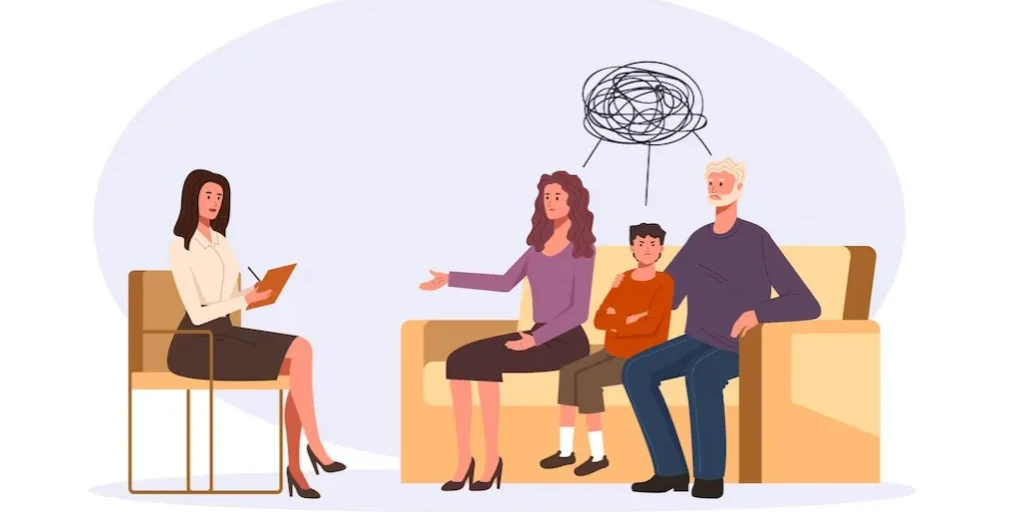24/7 Helpline:
(866) 899-111424/7 Helpline:
(866) 899-1114
Learn more about PTSD Treatment centers in Lapeer
PTSD Treatment in Other Cities

Other Insurance Options

Health Choice

Regence

MVP Healthcare

Medical Mutual of Ohio

Horizon Healthcare Service

Aetna

Choice Care Network

BlueCross

Absolute Total Care

Providence

Oxford

Coventry Health Care

BHS | Behavioral Health Systems

Self-pay options

Sutter

State Farm

Optum

Molina Healthcare

Cigna

Group Health Incorporated

Lapeer County – Touchstone
Lapeer County Community Mental Health and CMHSP is a public rehab located in Lapeer, MI. Lapeer Coun...

Alcohol Information and Counseling Center
Alcohol Information and Counseling Center is a public organization located in Lapeer, Michigan. Alco...

List Psychological Services
List Psychological Services is a private group practice specializing in behavioral health care; incl...







Concepts in Counseling
Concepts in Counseling is a private rehab located in Lapeer, Michigan. Concepts in Counseling specia...

Alcoholics For Christ – Faith Christian Church
Alcoholics For Christ - Faith Christian Church is located in Lapeer, Michigan. Alcoholics For Christ...



